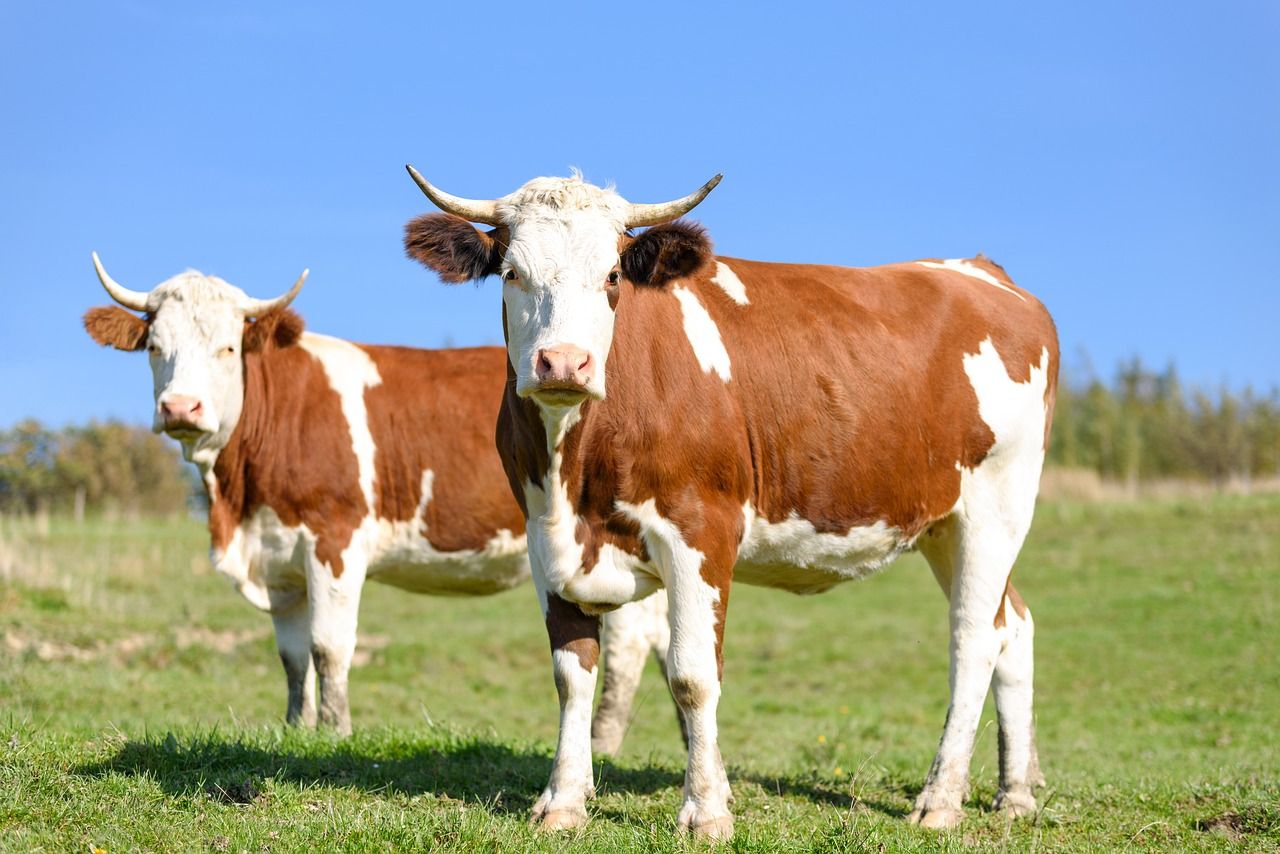
Lukewarm water is best avoid hot water. These cattle produce huge quantities of milk.

These cattle produce huge quantities of milk.
How to care for dairy cows. Dairy farming focuses on raising cows for the production of milk and other dairy products. The care of dairy cows is an important part of successful dairy farming. Dairy farmers take excellent care of their cows providing their animals clean and comfortable housing fresh water food and medical attention when necessary.
Dairy Cattle Health Care. Dairy herd health is dependent on farmers expertise and readiness to prevent diagnose control and treat common cow diseases and health issues. The Pennsylvania Dairy Health and Biosecurity Manual is a comprehensive guide designed to help dairy farmers keep their herds healthy and economically productive.
Dairy cows in dry milk period need 35 kg of water per day dairy cows with 15 kg of milk production per day need 50 kg of water per day and dairy cows with 40 kg of milk production per day need 100 kg of water per day. You should introduce dairy heifers to the adult herd at least 4 weeks before calving. This gives heifers time to get used to their new and unfamiliar surroundings including the milking parlour.
Just as with horses and goats hoof trimming is an important part of care for dairy cattle and other cattle who are not destined for slaughter. Talk with your vet about your cows twisted hoof. He or she may want to see the animal or may refer you to a.
The first tip on how to take care of cows is to provide your cows a good area of pasture for grazing. Grass feeding is ideal for cows. It is approximated that a cow needs one to two acres of grazing land.
Also those who live in dry regions require more acres of grazing land per cow. You should always maintain a good herd health program. Just like the dairy cows keep up-to-date with vaccinations de-worming and de-licing throughout the year.
You may need to apply de-worming and de-licing several times per year. While some vaccines for your cows may only need to be given once a year. Hoof Care for the Dairy Cow Proactive response to foot issues.
To stay ahead of foot problems dairy farmers must give heed to the conditions of. Hoof trimming is vital. Every cow on the dairy should see the hoof trimmer once a year at a minimum several times per.
Nitty-gritty of how cows. There are many suitable breeds of cows that can be used for milking. Like all animals your cow needs food water shelter and space enough to move around at her free will.
How to Care for Dairy Cow Udders Before and After Milking Your cows udder should be cleaned teats and all before you begin milking her and then again when milking is through. Running water is a simple efficient way of accomplishing this. These cattle produce huge quantities of milk.
Dairy cattle are mainly grazing animals. They eat grass and other low-down vegetation. They spend up to 9 hours each day grazingeating and longer periods ruminating and resting.
It is very important for dairy farmers to. Lukewarm water is best avoid hot water. Also ensure that the shelter you are providing your cow and calf gives protection from cold winds and drafts.
Known for being quite hardy the Dairy Cow isopod can withstand a wider spectrum than most bugs. Typically isopods prefer temperatures that sit anywhere between 70 and 85 degrees Fahrenheit 21 to 29 degrees Celsius. Pill bugs are extremely vulnerable to higher temperatures as they begin to dry out and desiccate.
In a dairy barn cows have access to nutritious feed and water 247. Farmers normally feed their cows total mixed ration a combination of grasses grains and other ingredients such as citrus pulp or cottonseed hulls to give them the right balance of nutrients. Learn more about how dairy farmers care for their cows.
Animal welfare is a high priority for farmers and each cow is monitored closely to ensure a healthy herd. This video explains how dairy farmers care for their cows on the farm. A healthy herd is of high importance to farmers and they closely monitor the health of all their cows.
And since a comfortable healthy cow produces higher quality milkcow care is on the top of the list when it comes to running a Canadian dairy farm. The Canadian dairy cow-farmer connection. Canadian dairy farmers and their cows spend a whole lot of time with one another and what often results is a special connection.
Dairy cows need a combination of carbohydrates proteins fats and vitamins and minerals to meet their nutritional requirements. Each life stage of the animals requires different nutrients. Diets are fed based on those life stages.
Dairy farmers nutritionists and veterinarians work together to ensure a safe wholesome milk supply in the US.